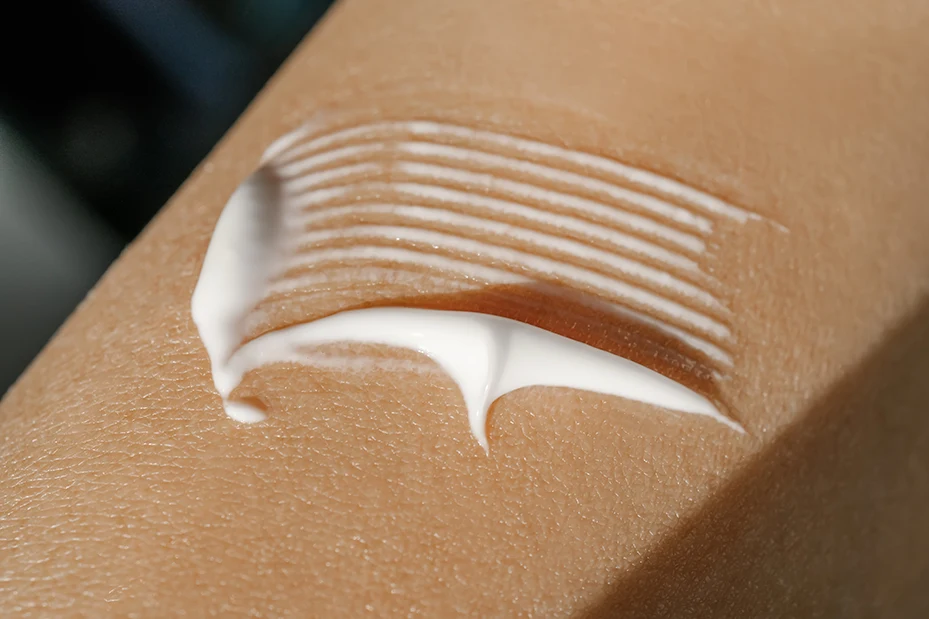If you’ve been dealing with acne scars, you’ve likely heard about tretinoin. Medical research showed that this powerful prescription retinoid is a top treatment for improving skin texture and reducing the appearance of scars. But how exactly does tretinoin work, and what can you expect when using it for acne scarring?
What Is Tretinoin?
Derived from vitamin A, tretinoin is a highly effective retinoid for treating acne scars. It’s commonly prescribed to treat acne, but it also has impressive benefits for acne scars. Tretinoin encourages rapid cell turnover, helping your skin to renew and reveal healthier layers. This renewal process leads to smoother, more even-toned skin over time, which is key to fading scars and dark spots left behind by acne.
How Does Tretinoin Help with Acne Scars?
Tretinoin’s real magic lies in its ability to stimulate collagen production. Collagen is the protein responsible for maintaining the skin’s structure, and when it’s damaged by acne, indented scars (atrophic scars) can form. Tretinoin helps by encouraging the skin to rebuild collagen in these areas, gradually reducing the depth of the scars.
In addition to collagen stimulation, tretinoin improves skin cell turnover, which is especially helpful for post-inflammatory hyperpigmentation (PIH)—those dark marks left after a pimple heals. With consistent use, tretinoin fades these marks by promoting the shedding of damaged skin cells and encouraging new, healthy ones to take their place.
How Long Does It Take to See Results?
When using tretinoin for acne scars, patience is key. While you might notice some improvements in your skin texture and tone after a few weeks, it typically takes several months to see significant changes in scarring. For deeper, more stubborn scars, results can take up to six months or longer. The key is consistency—using tretinoin regularly as directed by your dermatologist is essential to achieving the best results.
Can Tretinoin Treat All Types of Acne Scars?
Tretinoin works particularly well for atrophic scars (those small indented scars left behind by acne) and post-inflammatory hyperpigmentation. However, it’s not as effective for raised scars, like keloids. Tretinoin can help fade discoloration and improve the texture of the skin, but for more severe scarring, other treatments like chemical peels, laser therapy, or microneedling may be necessary in combination with tretinoin.
How to Use Tretinoin for Acne Scars
Incorporating tretinoin into your skincare routine takes some care, as it can be irritating at first. Here’s how to get started:
- Start Slow: If you’re new to tretinoin, start by applying it every other night to allow your skin to adjust.
- Stick to a Tiny Amount: A small dab is sufficient for treating your whole face.After cleansing and fully drying your face, apply a pea-sized amount to the entire face, focusing on areas with scarring.
- Use a Moisturizer: To minimize irritation, always follow up with a gentle, hydrating moisturizer after applying tretinoin.
- Sunscreen is a Must: Tretinoin makes your skin prone to sun damage, so apply it daily.
Potential Side Effects of Tretinoin
Tretinoin can cause some common side effects, especially in the early stages of use. These include dryness, peeling, redness, and irritation. To manage these side effects, start with a lower concentration of tretinoin and gradually increase as your skin builds tolerance. You can also apply a layer of moisturizer before tretinoin to create a buffer and reduce irritation.
If side effects persist, or if you experience severe irritation, it’s important to consult with your dermatologist. They can help adjust your routine or recommend alternatives if necessary.
When to See a Dermatologist
Before starting tretinoin for acne scars, it’s a good idea to consult with a dermatologist, especially if you’re dealing with deep scars or have sensitive skin. Your dermatologist can determine the right concentration of tretinoin for your skin type and recommend any additional treatments that can enhance your results.




